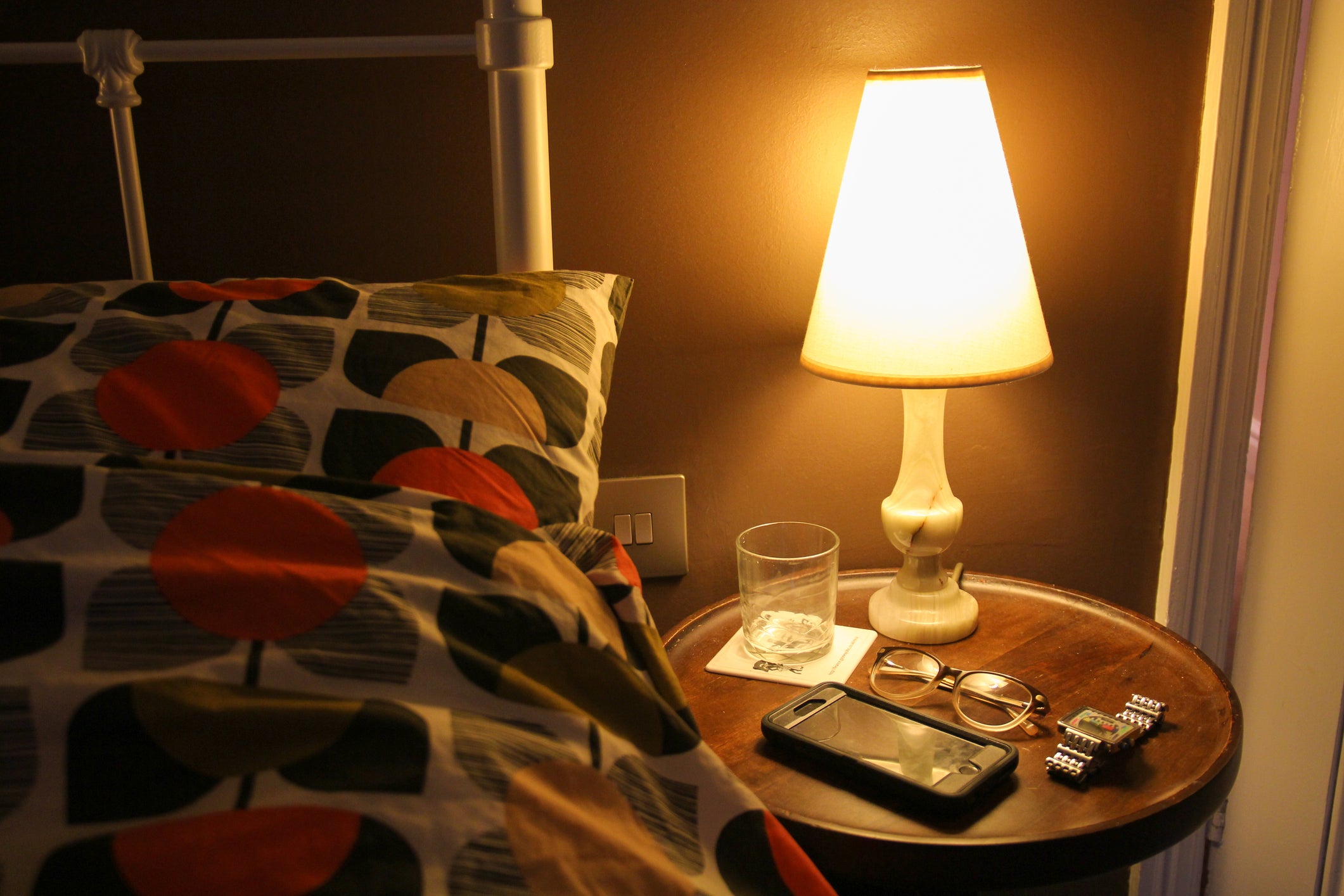New study suggests this nighttime habit leads to weight gain
INDIANAPOLIS (WISH) — Keeping the lights on while catching your zzz’s may be an underlying cause of chronic conditions such as high blood pressure, type 2 diabetes, and obesity in the elderly, a new study suggests.
Scientists at Northwestern University assessed 552 adults ages 63 to 84. All underwent examinations to detect heart disease risk factors and the amount of nighttime light exposure to see if there was a link. Study participants who were exposed to greater amounts of light while sleeping were 2 times more likely to be diabetic, 1.82 times more likely to be obese and 1.74 times more likely to have high blood pressure.
“Whether it be from one’s smartphone, leaving a TV on overnight or light pollution in a big city, we live among an abundant number amount of artificial sources of light that are available 24 hours of a day,” said study corresponding author Dr. Minjee Kim, assistant professor of neurology at Northwestern University Feinberg School of Medicine.
“Older adults already are at higher risk for diabetes and cardiovascular disease, so we wanted to see if there was a difference in frequencies of these diseases related to light exposure at night.”
If light exposure is inevitable, Dr. Phyllis Zee, senior study author and chief of sleep medicine at Northwestern University, suggests the following tips to reduce cardiovascular risk factors and avoid weight gain:
- If you do require a light for safety, make sure it is dim and place it close to the floor.
- Choose lightbulbs that are amber or a red/orange light and avoid white and blue lights.
- Invest in blackout shades or wear an eye mask if you can’t control the outdoor light.
- Position your bed away from the window to minimize exposure to light shining in from the outdoors.



